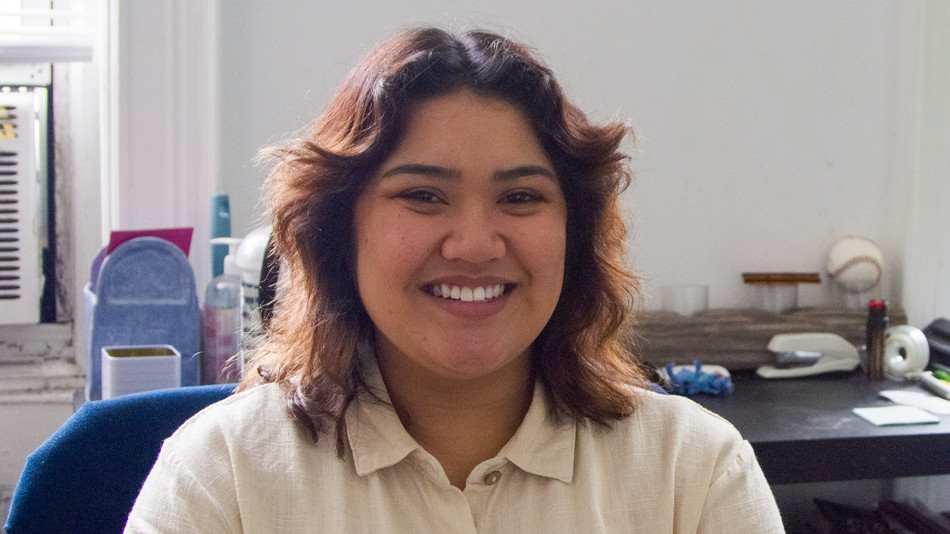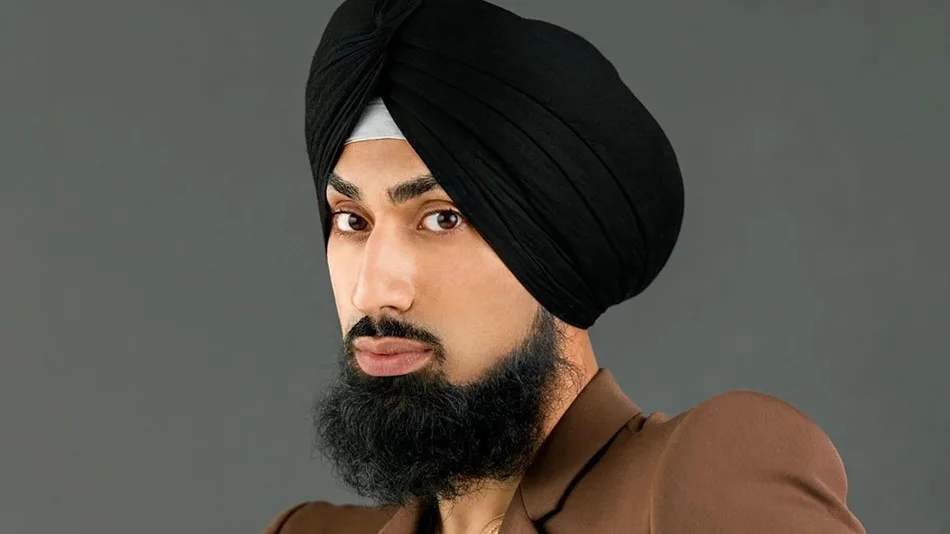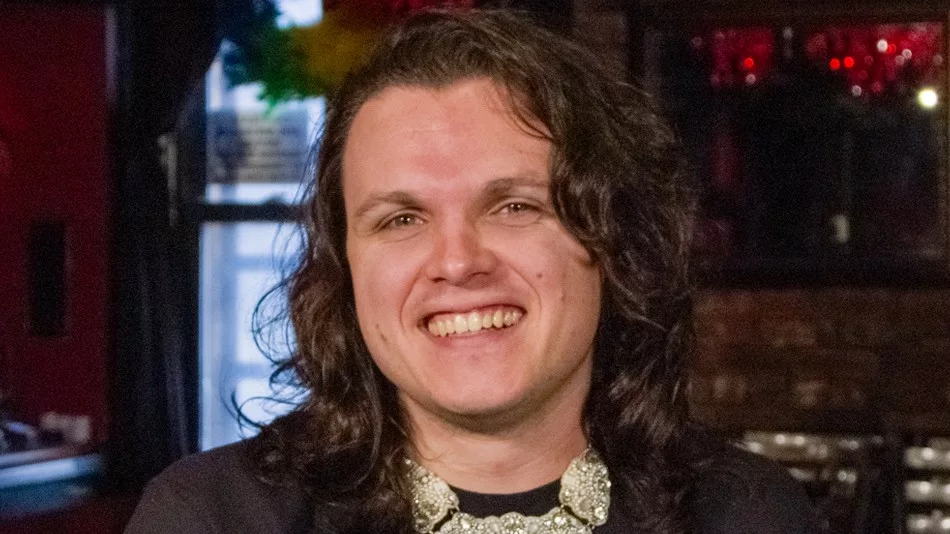My name is Grant Loveless and I’m from Austin, Texas.
My story begins when I was 10 years old and I moved to Manor, Texas. At the age of 10, I was influenced a lot, especially by the tragic death of Trayvon Martin. During one Sunday morning, I had asked my parents, “What do I do if I’m approached by a police officer?”
Their response was, “Be obedient. Follow the rules. Get out of the car. Don’t start no drama.”
And that was what they had taught me at the time when it came to confronting police, only at 10, 11 years old. And as I got older and I saw more injustice, I started to reflect on how I was bullied in middle school and high school because of my high pitch voice, and the way I walked, and a way, I had mannerisms. It kind of sparked something in me when getting into high school.
I remember that when I came out my freshman year of high school, I had developed a crush on this one dude. During that brief romance, before he transferred to a different school, he and I had a lot of conversations, not particularly around activism, but more about social justice.
During my junior year, I had identified how students who were LGBTQ were being harassed or bullied. One of my trans friends at the time in high school came up to me and said, “Look, there’s these boys that keep harassing me. They won’t let me use the bathroom.”
At the time, all I knew was how to find an issue and develop a solution.
I had approached my principal’s office, as bold as I am. I just went straight back there and had listed out all the issues that I was being brought from the LGBTQ students. His initial response was, “Right now is not the right time.”
Simply from the principal telling me “no” and me feeling that immediate spark to say, “Okay, that “no” makes no sense to me. All I heard you say was, “Okay, Grant, you need to get to work.”
I just walked out and pulled out my phone and I texted one of my home girls and said, “We need to do something.” And she sent me links on how to create a club, how to create an organization. And the first faculty I thought of, I instantly approached. I said, “How can we create this community on campus? What can we do?”
And she definitely did assist me in that and gave us her classroom as a space to use after school, to have these meetings with students. And at first, of course, there were only two, three students at a time, but as weeks came, it turned to 10, 20, 30. And a lot more students started coming out and voicing their opinions as well as issues that they were facing on campus. A lot of students were committed to having their voices heard. They were committed to having events and of various things being created for them. With the creation of the LGBTQ group, we were able to partner with OutYouth to create a consulting program in collaboration with Manor ISD. We were also able to get a bulletin board where we showed meetings, members, their accomplishments, as well, of course in high school, who they were, their stories. So it was all about showing them that there was visibility on campus for LGBTQ students. With all the success we had from the bulletin board, from partnering with OutYouth, as well as being placed in a yearbook, as the first and only LGBTQ school, not to brag, but LGBTQ organization to be in a yearbook.
I believe when we hit at least 15 to 20 members is when I was called I was called to the principal’s office. Having that conversation with him two months down the line seeing the success with the yearbook and the partnering with OutYouth and such, he definitely did gain interest in what it meant to be LGBTQ in creating these spaces.
He just basically said, “There was a misunderstanding. I wish we would’ve done this sooner. And I was like, “Yeah, you shoulda.” It was just a proud accomplishment within itself to see myself and a team of students to do something that wasn’t relevant yet.
It helped me in defining who I was, because that created my legacy, because from high school to college it just definitely elevated my experiences. Still being involved in LGBTQ activism, when transitioning over to my freshman year of college for my senior year, I worked with Austin Black Pride, OutYouth, as well as sister organizations with my community college, Austin Community College, to teach you how to build sexual health or overcoming equities.
My story still isn’t fully complete. However, I know that I have to be unapologetic in whatever spaces I go into. Living your truth is the most defining thing to do in your life. Telling your story and being able to walk in a room confidently, knowing your story, knowing who you want to target and knowing your message and your purpose, which does develop your passion. Don’t ever be afraid of taking that next step of opening that door to see what opportunities lie or what’s next in your journey of finding out who you are and how you can impact your community.








Share